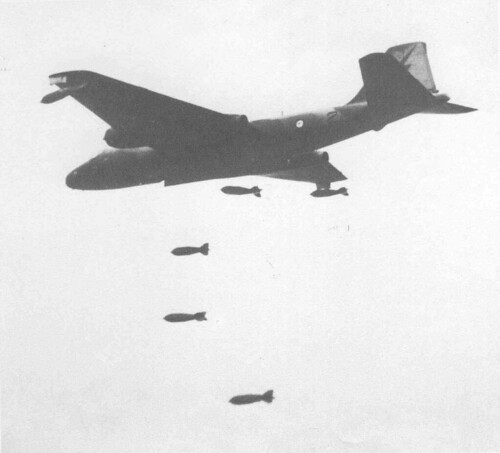Tuesday, November 28, 2006
Tripoli posted by Richard Seymour
Sven Lindqvist's A History of Bombing really can't be recommended highly enough. Some particularly suggestive passages deal with Italy's pitch for colonial status. There had been, in 1911, a convention at the Institute for International Law in Madrid, to discuss the question of whether this new technique of air bombing on population centres should be permitted. The Hague Conventions of 1907 discusses naval bombardment only and forbids solely the bombing of "undefended" cities. What constitutes an "undefended" city is somewhat vague. Some argued that as an aircraft couldn't carry a great deal of explosives, certainly much less than traditional technologies of attack that were permitted, it should be allowed. Others argued that because air bombing was so imprecise, the killing of civilians could not be avoided, and therefore the technique should be banned.But this was rather the point: noncombatants would be churned up by these bombs. In the same year as the conference, the Italian government embarked on a belated grab for the last Ottoman space in North Africa - a miserly goal compared to the extensive rule of the Romans whom they sought to emulate - and in the process pioneered the bombing of cities from the air. The bombing was not initially of great military significance, and the Arabs were almost able to drive the Italian ground forces back to the sea. The Italians responded, as did all colonial powers to such affronts, with indiscriminate and savage attacks, tearing up babies and the elderly with bayonets and bullets. Those whom they could not reach with rifles were got at with air bombing. It was an act of revenge, and it had what was gleefully announced as a "wonderful effect on the morale of the Arabs".
The Ottomans gave over, but the resistance did not, and so the bombing went on. The Maghreb was trebly cursed by African savagery, Arab deviousness and Mohammedan fanaticism, and so bombing was extolled by the nationalist poets (such as Marinetti and D'Annunzio) as an act of hygeine, and of civilisation. The dancing Dervishes and Marabouts were legendary material for the Orientalists. Blood feuds, slave raids, rituals - all of which was impeccably European - become part of the atmosphere which conduced to mass slaughter by ubermensch floating on a thousand-foot column of air. Richard Burton, one of the earliest Orientalists, and presumably a constant inspiration to Thomas Friedman, could say that Egypt longed for "iron-fisted and lion-hearted rule". They do like it up them, you see.
So, Italy's eventual conquest, named "Libya" in 1934 under the leadership of failed novelist, was the laboratory for future wars on backward peoples.
In other news, the US Air Force is demanded an extra $33.4bn to conduct its part of the war on terror. Having waged a secret air war on Iraq from 2002, the USAF has gone on to conduct a fairly secret air war since 2005. Civilisation costs money.











